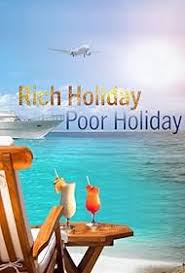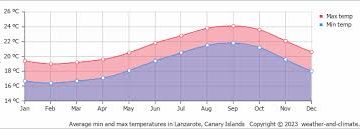Rich Holiday vs Poor Holiday: A Comparative Analysis

Introduction
The concept of ‘holiday’ elicits ideas of relaxation, adventure, and exploration. However, the economic disparity between ‘rich holidays’ and ‘poor holidays’ has significant implications for individuals and communities. Understanding this divide is essential, especially as travel becomes increasingly popular in a post-pandemic world. This article will delve into the core differences between extravagant vacations and budget-friendly travels, highlighting their respective impacts on personal experiences and local economies.
Defining Rich and Poor Holidays
Rich holidays typically involve luxurious accommodations, exclusive amenities, and personalized services. Travelers often opt for high-end resorts, private tours, and fine dining, leading to a seamless experience where every detail is meticulously arranged. In contrast, poor holidays are characterised by budget-friendly options. Travellers may stay in hostels, utilize public transport, or engage in self-catering. This type of holiday often encourages a more authentic interaction with local cultures but can limit opportunities for comfort and convenience.
Costs and Planning
From a financial perspective, rich holidays can quickly escalate into thousands of pounds. For instance, a week-long stay at a luxury resort in the Maldives may cost upwards of £5,000 per person when considering flights, meals, and activities. Poor holidays, on the other hand, can often be achieved on a budget of £500 or less, especially when planning carefully with resources like budget airlines and travel blogs. With proper research, travellers can find affordable yet enriching experiences.
Experiences and Cultural Interactions
Rich holidays often create a barrier between travellers and the local culture. High-end resorts might cater primarily to their guests, circumventing authentic interactions with the community. Meanwhile, poor holidays typically foster a more immersive experience, as travellers must navigate local resources and engage with residents, possibly enhancing understanding and appreciation of cultural differences.
Environmental and Economic Impact
From an environmental perspective, rich holidays tend to contribute more to carbon emissions, given the private jet travel and extensive resource usage of lavish resorts. In contrast, budget-friendly travel methods can potentially lessen environmental footprints, particularly when using public transportation. Additionally, poor holidays can stimulate local economies in ways rich holidays cannot, as budget travellers often seek out local markets, eateries, and experiences, pouring essential funds into communities.
Conclusion
In conclusion, while rich holidays provide a luxurious respite and convenience, they often lack the depth of experience that can be gained from poorer holidays. As global travel continues to evolve, the distinction between these types of holidays is crucial; it not only impacts personal satisfaction but also economic contributions and environmental footprints. Readers are encouraged to consider the type of holiday that aligns with their values and the impact it has on the world around them.







